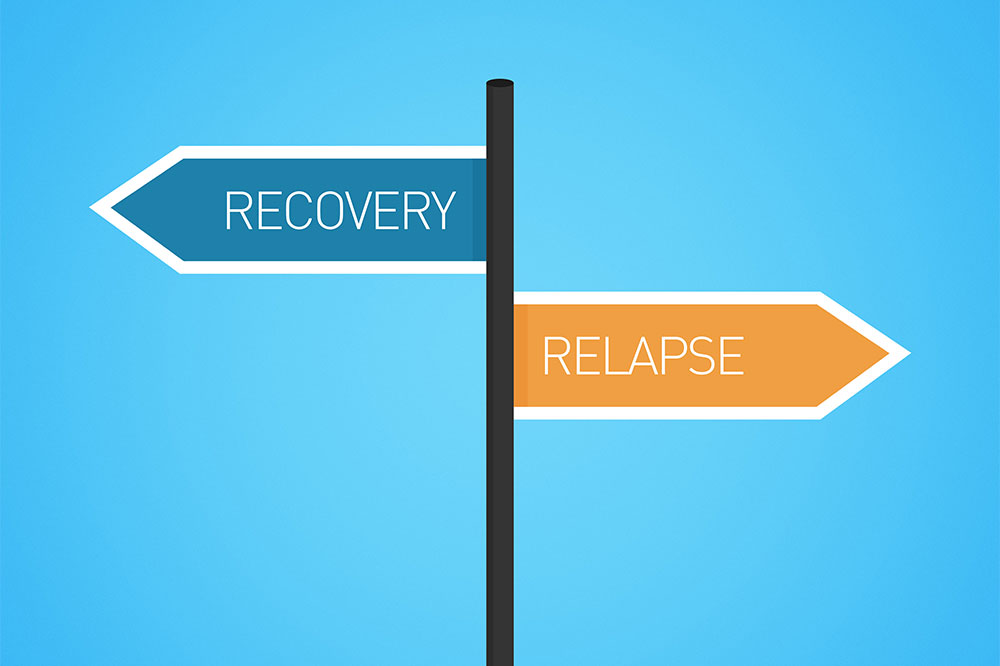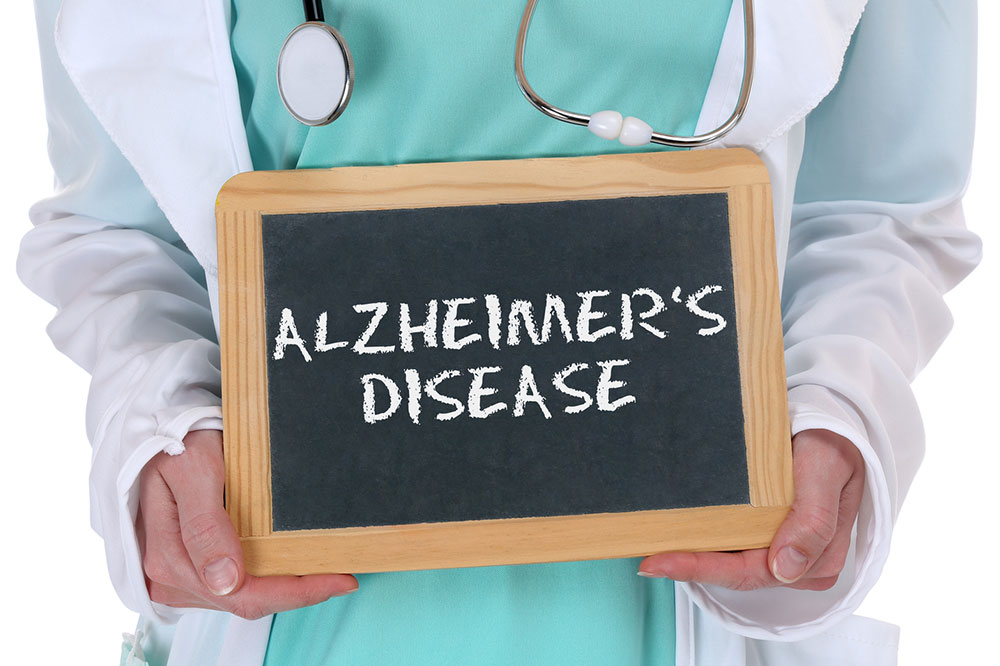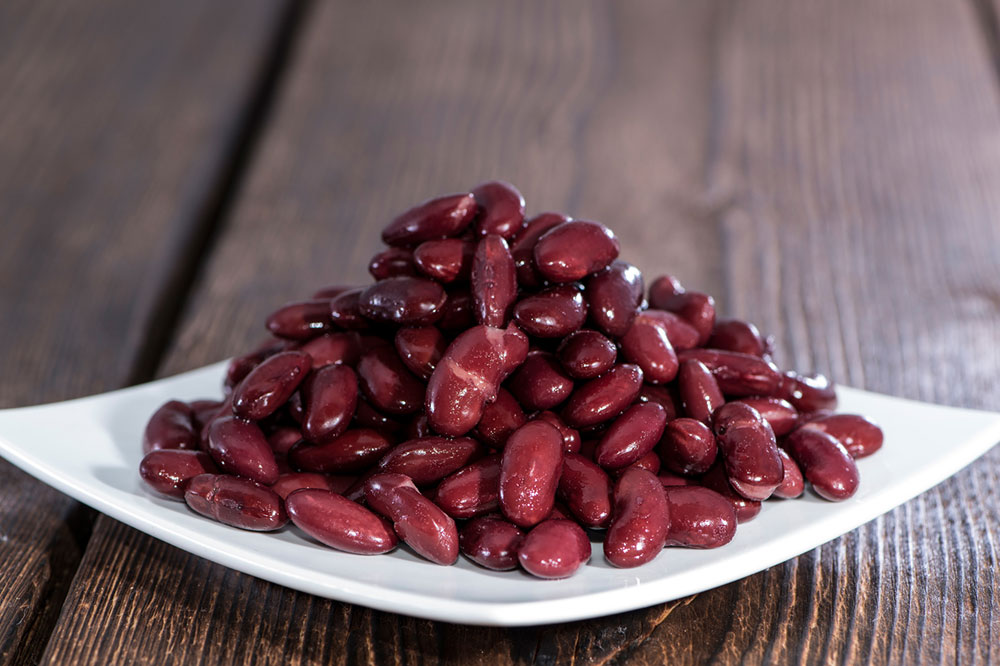
4 common stomach disorders and their causes
Research shows that at least 4 in 10 people suffer from digestive disorders that can disrupt their daily routine. From aches to chronic diseases, stomach conditions affect people of all ages, exhibit a myriad of symptoms, and are accompanied by mild to severe discomfort. Depending on the severity, certain changes in diet and lifestyle can help manage the symptoms. In severe cases, a combination of medications and treatment is recommended by medical professionals. Here’s an overview of the four common stomach conditions and their causes: Bloating and gas This is, undoubtedly, one of the most common stomach conditions and digestive problems among both men and women. One may feel extremely bloated and pass gas regularly in this condition. In fact, it is not uncommon for a person to pass gas up to 21 times a day, indicating normal digestive activity. Gas is nothing more than a byproduct of food that the body releases during digestion. Veggies like asparagus, beans, broccoli, Brussels sprouts, cabbage, cauliflower, and onions can cause gas to form during digestion, and the resulting buildup can also lead to bloating. Acid reflux Also known as heartburn, it is one of the more severe stomach conditions that results in a painful burning sensation from the upper part of the stomach all the way up to the chest.
Read More 










